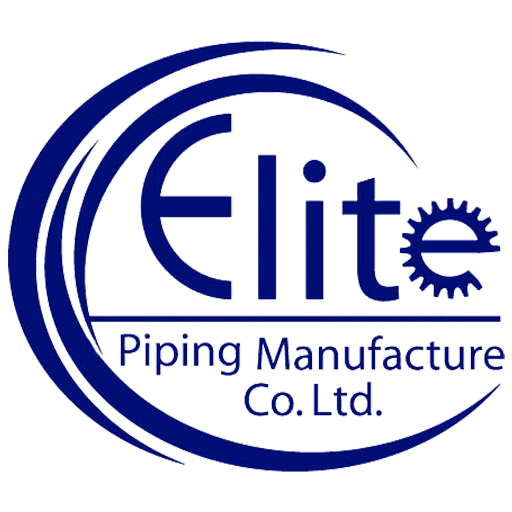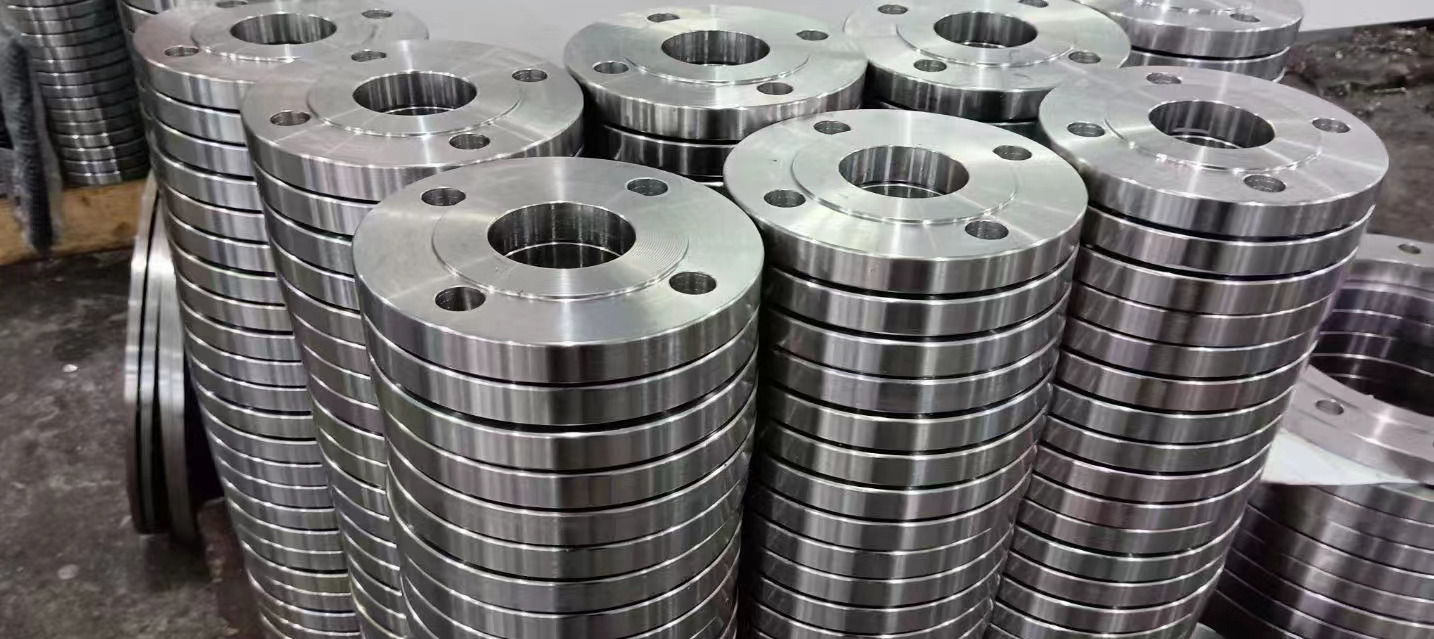Share this
Plate flat welding flanges are available in various materials, and the selection of material depends on the specific operating environment and characteristics of the pipeline medium. Here are some commonly used materials for plate flat welding flanges:
1. Carbon Steel Plate Flat Welding Flanges: Suitable for general industrial applications with relatively poor corrosion resistance.
2. Stainless Steel Plate Flat Welding Flanges: Suitable for industries such as chemical, pharmaceutical, and food processing due to its good corrosion resistance.
3. Cast Iron Plate Flat Welding Flanges: Applicable to general industrial settings, offering a lower cost option, but with lesser corrosion resistance.
4. Brass Plate Flat Welding Flanges: Used in specific industrial applications, such as marine engineering, but comes at a higher cost.
5. Titanium Plate Flat Welding Flanges: Suitable for extremely corrosive and high-temperature and pressure environments but is quite expensive.
6. Polyethylene Plate Flat Welding Flanges: Suitable for non-metallic pipeline systems, offering chemical corrosion resistance but with lower temperature resistance.
In addition to the mentioned materials, there are other options for plate flat welding flanges. The specific choice depends on the particular operating conditions and characteristics of the pipeline medium. Here are some additional materials:
1. Alloy Steel Plate Flat Welding Flanges: Known for high strength and corrosion resistance, suitable for high-temperature and high-pressure conditions, commonly used in the chemical, petroleum, and natural gas industries.
2. Nickel Alloy Plate Flat Welding Flanges: Exhibits excellent corrosion resistance, especially in corrosive mediums, suitable for special environments such as chemical processing and marine engineering.
3. Plastic Plate Flat Welding Flanges: Used in applications where non-conductivity and corrosion resistance are required, but typically with lower pressure and tempera

